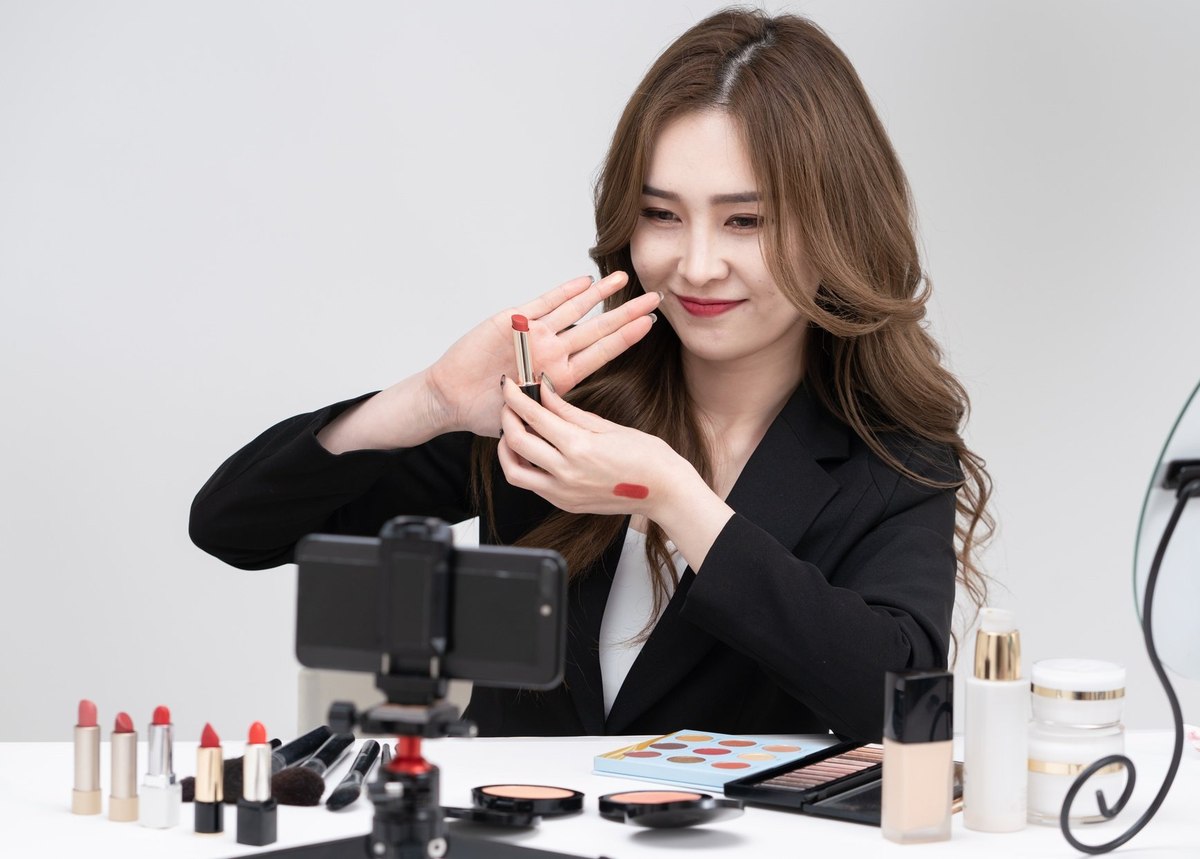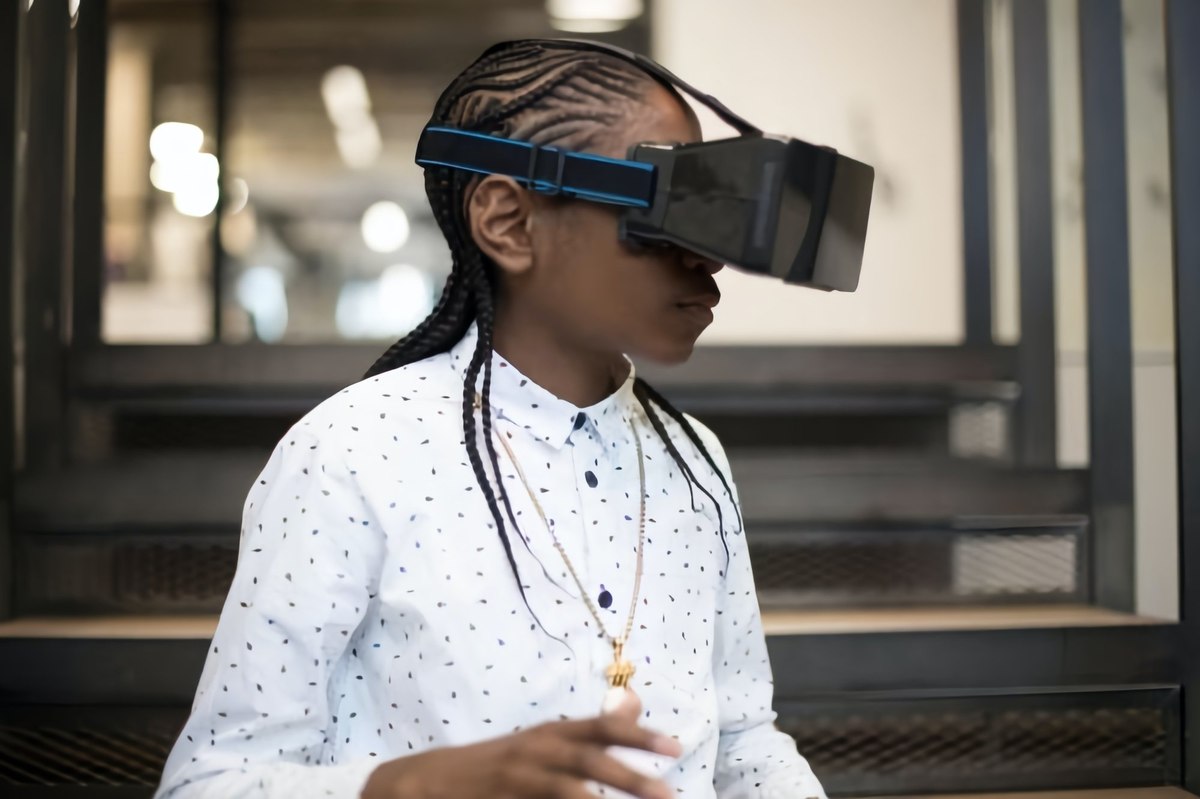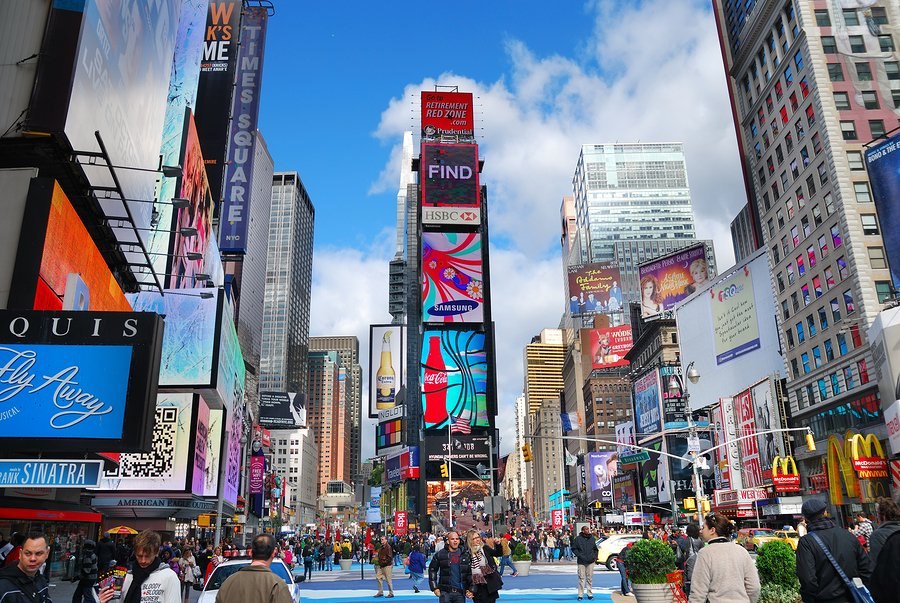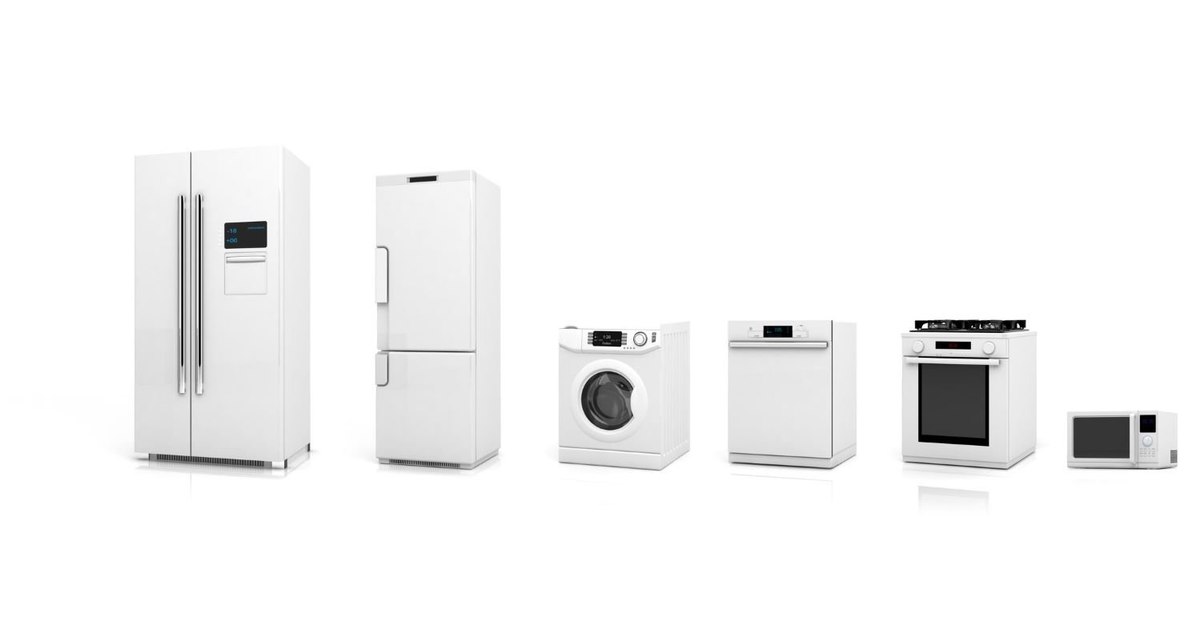
Metaverse in 2025 – What users want and what’s holding others back
Over the past few years, brands have made bold moves into the metaverse, hoping to connect with consumers in new and immersive ways. YouGov Surveys: Self-serve research data provides a clearer picture of American consumer behavior in the metaverse – how many people have used it in the past 12 months, the activities they engage in, and the features they value the most.
At the same time, understanding non-users is just as crucial. What would encourage them to explore the metaverse? What types of brands are they most likely to engage with? This article unpacks it all.
Of the 1,000 US adults surveyed, 26% say they have used the metaverse in the past 12 months. This number increases to 80% among consumers who own a virtual reality (VR) headset.
How consumers engage in the Metaverse
Among metaverse users, half say they have played free video games (50%) followed closely by streaming online content (47%). Social interaction is another key use case, as 34% say they have connected with friends or other users in virtual spaces. Paid gaming is also popular, with 29% purchasing or playing paid video games.
Beyond entertainment, users explore a range of experiences. Virtual art galleries and exhibitions attract 24% of users, while the same percentage participates in fitness or wellness activities. Shopping draws 22% who say they have shopped for physical products, and an equal percentage have attended virtual conferences, training sessions, or classes. Virtual travel and tourism also appeal to 22% of metaverse users. Meanwhile, 18% have attended virtual brand events or promotional activities, and 17% have purchased cryptocurrency. Fewer users engage in purchasing virtual skins or accessories for gaming avatars (14%), NFTs (14%), or tickets to virtual events (12%). Virtual real estate purchases remain niche, with only 6% reporting such transactions.
What features matter the most to Metaverse users?
High-quality graphics and immersive visuals are most important to metaverse users, with 54% ranking them as a key factor. Social interaction features are also highly valued, with 47% highlighting their importance. A smooth and seamless user experience matters to 44%, while 38% prioritize affordability or free-to-use experiences. Security and privacy concerns are top of mind for 36% of users. Additionally, 29% (each) value the ability to complete work-related tasks, customize avatars, or experience cross-platform compatibility. Virtual shopping opportunities (24%) and access to exclusive events (21%) are less of a priority but still hold appeal.
Which brands could attract new users?
For those who have not used the metaverse in the past 12 months, certain brand categories could encourage them to engage. Entertainment and media brands hold the most influence, with one in five saying their presence could entice them to visit (20%).
Health and wellness (19%), travel (18%), and education (17%) brands also rank highly. Art and culture (16%), food and beverage (15%), and gaming (13%) follow. Technology and electronics, fashion and apparel, and sports brands each attract around 12% of non-users, while beauty and personal care appeal to 9%. Financial services, real estate, automotive, and luxury brands hold less sway, each drawing interest from 7% or fewer. Some three in 10 American adults say no brand presence would tempt them into the metaverse (31%).
What would make non-users most likely to join?
Several factors could make non-users more likely to explore the metaverse in the next year. The cost of equipment is a major barrier, with 29% saying they would be more inclined to join if it were cheaper. More activities or experiences that interest them would appeal to 23%, while 22% say stronger security and privacy protections could be a deciding factor. Additionally, one in five would be more interested if they could use the metaverse without a VR headset (19%). Social connections play a role as well, with 12% saying they would be more likely to join if more people they knew were using it. Meanwhile, one in 10 would be persuaded by positive reviews or recommendations (10%).
Among those who already own a VR headset, interest in expanding their metaverse engagement is even higher. Some 44% say they would participate more if there were additional activities that interested them, and 40% say they would be more engaged if equipment costs were lower. Stronger social, work, and education opportunities appeal to 33%, while 31% say they would use the metaverse more if their favorite brands had a greater presence. Exclusive deals and virtual shopping opportunities appeal to 30%, and positive recommendations influence another 30%. Security and privacy improvements, knowing more people who use it, and the fear of missing out also rank as motivators.
Methodology: YouGov polled 1,000 US adults online on February 5, 2025, between. The survey was carried out through YouGov Surveys: Self-serve. Data is weighted by age, gender, race, political affiliation, education level and region. The margin of error is 3% for the overall sample.



































